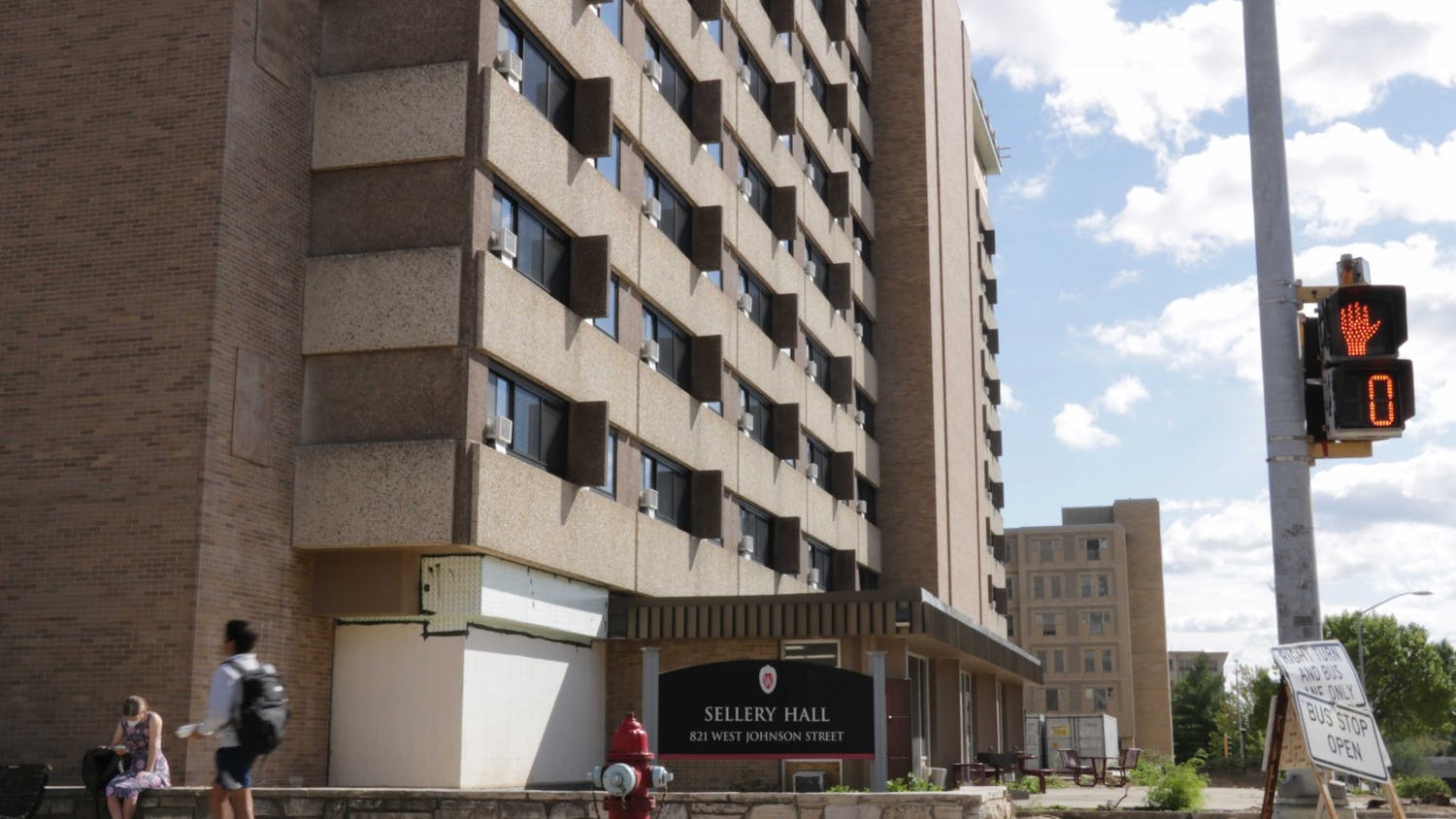The U.S. Supreme Court began deliberating Tuesday to decide whether the engaged in unconstitutional gerrymandering when they created new legislative districts after the 2011 election.
Republicans took control of both houses
Gerrymandering — the swaying of political processes towards the
A three-panel judge lower court had previously declared the GOP district map as unconstitutionally partisan in a 2-1 decision. The U.S. Seventh Circuit Court of Appeals ruled the
The federal court ruled that the state Legislature must redraw the district maps in anticipation of the 2018 electoral season.
State Attorney General Brad Schimel then appealed the case to the U.S. Supreme Court.
Now, the case is in the Supreme Court for further deliberation, the verdict of which could reconstitute the distribution of electoral maps throughout the country.
“It all depends on Kennedy,” said political science professor Ryan Owens, referring to SCOTUS Justice Anthony Kennedy, who could tip the scale in the debate.
As the issue remains at a stalemate, the split court of conservative and liberal justices are appealing to the “traditionally manageable” Kennedy for his decision, according to Owens.
Kennedy’s vote will be determined on how well plaintiffs prove
Owens added that Kennedy
This proposal received heavy criticism from Republicans, who say the geographical distribution of voters is already skewed due to Democratic voters tending to live in urban areas, resulting in fewer party votes across multiple districts.
As for the upcoming 2018 electoral season, it is uncertain whether a decision will affect voters or even if a SCOTUS deliberation will arrive by then.
Owens contends that the 2018 season is “unclear,” stating that the court has multiple options and several issues to settle before reaching a clear verdict.
Meanwhile, Wisconsin legislators running for re-election, as well as candidates plotting campaigns, face their own trials in whether to apply themselves in the old, established districts or wait for the potentially reworked districts.






